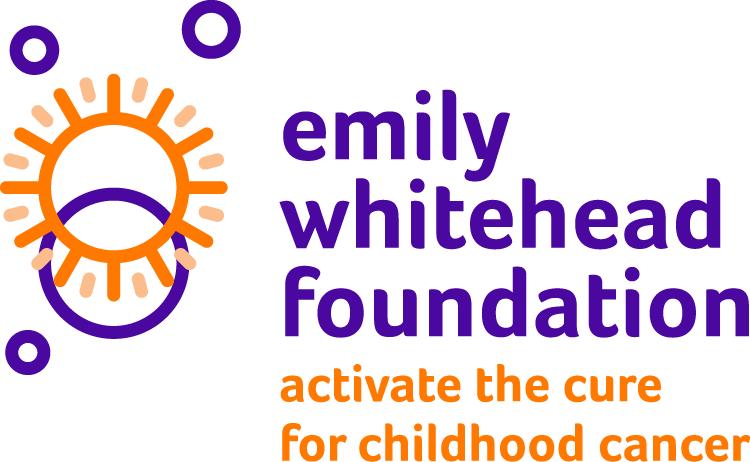Multi-virus CTLs Expressing CD19 Chimeric Receptors, CD19 Positive Malignancies Post SCT (MULTIPRAT)
Leukemia Lymphoma
0-9 years 10-17 years 18-26 years 27 years and older
1
 Genetic
Genetic
CD19 CAR/virus specific T cells
Condition: Acute Lymphoblastic Leukemia (ALL), Chronic Lymphocytic Leukemia (CLL), Non Hodgkin's Lymphoma
Subjects are having a bone marrow or SCT for either a type of cancer of the blood called Leukemia or a cancer of the lymph nodes called non- Hodgkin’s Lymphoma. Although a transplant can cure leukemia or lymphoma, some people will relapse. In those who relapse, current treatment cures only a very small percentage. Although giving patients a dose of donor immune cells before relapse can prevent relapse of the leukemia or lymphoma, DLI can also cause a serious complication called graft versus host disease (GVHD). This is a gene transfer research study using special immune cells which are specific for these cancer cells.
The body has different ways of fighting infection and disease. This study combines 2 of those ways, antibodies and T cells. T cells (CTLs or cytotoxic T cells) are infection-fighting blood cells that can kill cells, including tumor cells. Antibodies and T cells have been used to treat patients with cancers; they have shown promise, but haven’t been strong enough to cure most patients.
The antibody used in this study is called anti-CD19. This antibody sticks to leukemia cells because of a substance on the outside of these cells called CD19. For this study, the anti-CD19 antibody has been changed so that instead of floating free in the blood it is now joined to T cells. When an antibody is joined to a T cell in this way it’s called a chimeric receptor.
In the laboratory, investigators found that T cells that are trained to recognize common viruses can stay in the blood stream for many years. By joining the anti-CD19 antibody to CTLs that recognize viruses, they believe that they will also be able to make a cell that can last a long time in the body, provide protection from viruses, and recognize and kill leukemia. The CTLs which we will join the anti-CD19 antibody to attack 3 viruses (trivirus-specific CTLs), CMV, EBV, and adenovirus.
Studies have shown that trivirus-specific CTLs grown from the stem cell donor can be given safely to transplant recipients and can stop these viruses from causing severe infections. These CD19 chimeric receptor trivirus specific T cells are an investigational product not approved by the FDA.
The purpose of this study is to find the biggest dose of chimeric T cells that is safe, to assess the side effects, to see how long the T cells last and to evaluate whether this therapy might help prevent infections and relapse in people with CD19+ leukemia or lymphoma having a SCT.
Texas Children's Hospital, Houston, TX
Sponsor/Collaborators:
Baylor College of Medicine, Texas Children's Hospital, The Methodist Hospital System, Center for Cell and Gene Therapy - Baylor College of Medicine
